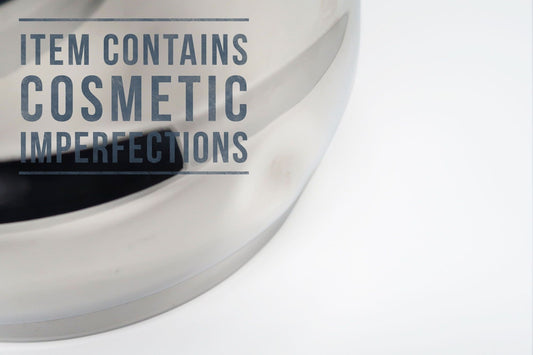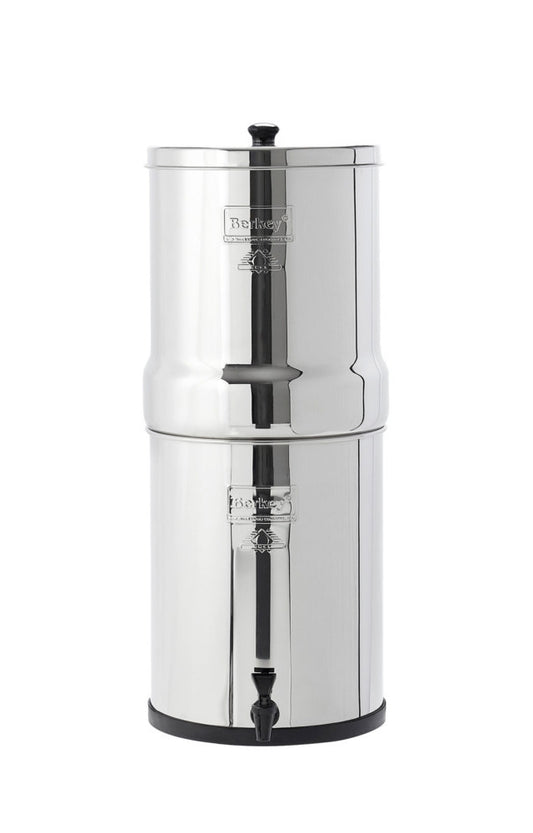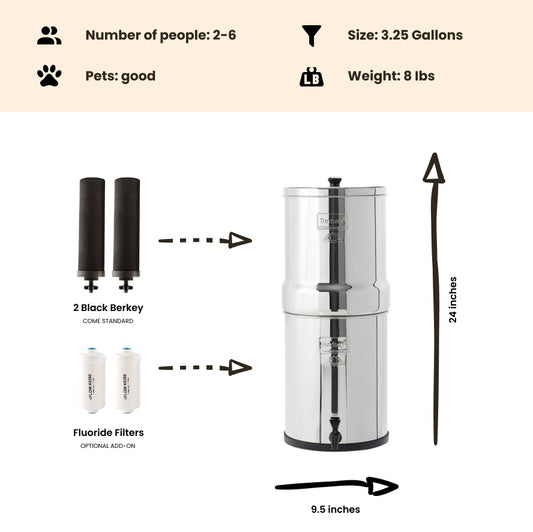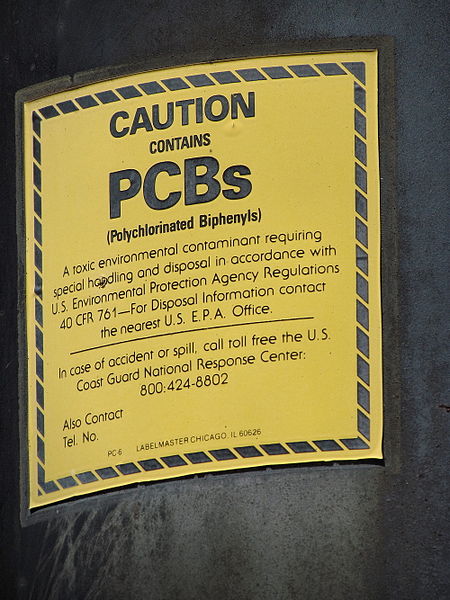
PCB's Still Impacting Human Health Decades After Being Banned
By Dan DeBaunShare
Even though chemical PCBs were banned in the US over three decades ago, they continue to affect the health of humans years later. A study conducted by Maryse Bouchard, a researcher based at the University of Montreal and CHU Sainte-Justine, shows that higher levels of toxic PCBs in the blood reduces cognitive performance of elderly people. According to the study, there is a significant correlation between PCB levels and cognitive ability of people between 70-84 years of age, with the cognitive ability of people between 60-69 years of age also affected, although to a lesser degree.
The study also shows that the correlation differs between the sexes, with older women exhibiting the largest decline in cognitive ability in relation to their level of exposure to PCBs.
“While most studies have looked at the impact of PCBs on infant development, our research shows that this toxin might affect us throughout our lives,” said Bouchard.
Banning of PCB's
PCBs or Polychlorinated Biphenyls, also known by other names including Aroclor, were widely used as insulating fluids and coolants in transformers and ballasts in fluorescent lighting, and as additives in common products such as pesticides, flame retardants, hydraulic fluids, paint, cement, adhesives and sealants. PCBs were added to paints to give them plasticity, and because of their water-proof properties, products containing PCBs were consequently used extensively to water-proof water tanks before the health hazards were revealed and their use subsequently banned.
While the use of PCBs has been phased out over the last 40 years, these toxins persist in the environment and are ever present in the bloodstream of most people, particularly senior citizens. Bouchard's study assessed 708 US citizens, taking blood samples from each to determine PCB levels, as well as conducting a memory and motor-skill test to assess their cognitive ability.
PCB's In The Body
The PCB levels detected in the bloodstreams of the study participants were representative of those of the general US population. “Aging persons could be at particular risk because of higher cumulative exposure built up across a lifetime, susceptibility due to underlying medical conditions, such as vascular disorders, and diminished cognitive reserve capacity,” explained Bouchard. “Our present findings suggest that PCBs, even at levels generally considered to pose low or no risk, may contribute to cognitive deficits.”
PCB disposal procedures range from effective and responsible remediation to irresponsible dumping of hazardous substances, which can leach into groundwater and drinking water sources. According to the EPA, “the major sources of polychlorinated biphenyls in drinking water are runoff from landfills; and discharge of waste chemicals.” PCBs accumulate in the fatty tissues of wildlife and marine animals and bioaccumulate up the food chain. Consequently, PCBs are found in the blood and tissues of humans both in the US and the rest of the world. This study highlights the need to take steps to address the health hazard imposed by PCBs in the environment.
PCB contaminants can be removed from drinking water with a high quality drinking water filter, such as the Big Berkey range fitted with Black Berkey filter elements.
Journal Reference: Maryse Bouchard. Polychlorinated Biphenyl Exposures and Cognition in Older U.S. Adults. Environmental Health Perspectives, November 2013-
Regular price From $302.00 USDRegular priceUnit price / per
-
Regular price $234.00 USDRegular priceUnit price / per
-

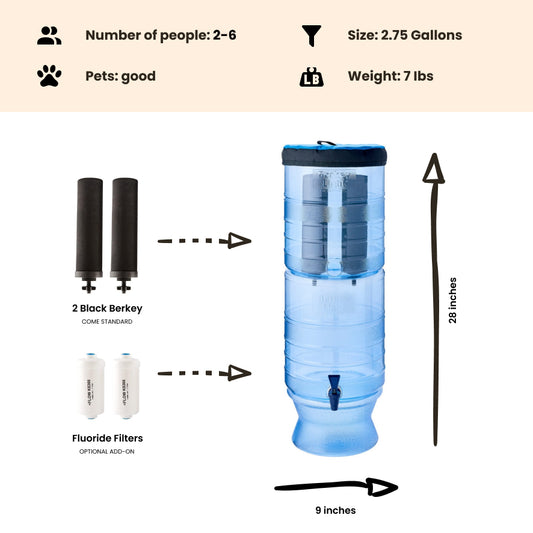 Sold outRegular price From $305.00 USDRegular priceUnit price / per
Sold outRegular price From $305.00 USDRegular priceUnit price / per -
Regular price $327.00 USDRegular priceUnit price / per
-
Regular price From $367.00 USDRegular priceUnit price / per
-
Regular price From $408.00 USDRegular priceUnit price / per
-
Regular price From $451.00 USDRegular priceUnit price / per

Dan DeBaun
Dan DeBaun is the owner and operator of Big Berkey Water Filters. Prior to Berkey, Dan was an asset manager for a major telecommunications company. He graduated from Rutgers with an undergraduate degree in industrial engineering, followed by an MBA in finance from Rutgers as well. Dan enjoys biohacking, exercising, meditation, beach life, and spending time with family and friends.
~ The Owner of Big Berkey Water Filters



